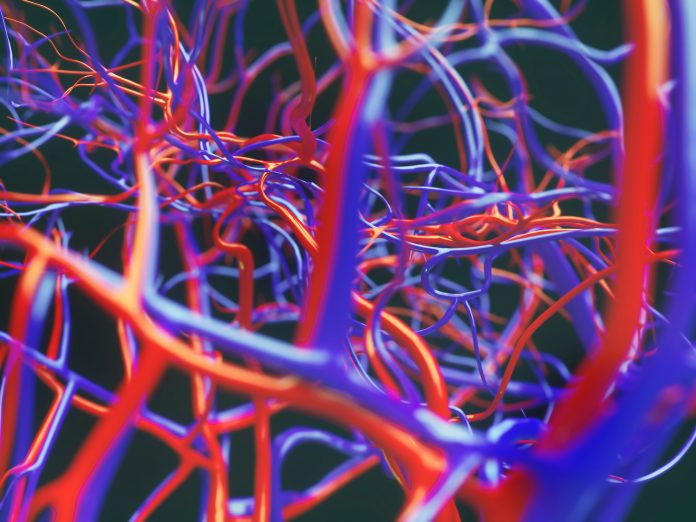While they may not be the most popular vegetables, new research from Edith Cowan University reveals that broccoli, Brussels sprouts and cabbage are the most beneficial when it comes to preventing blood vessel disease, particularly in older women.
Published in the British Journal of Nutrition the cross-sectional study assessed dietary intake in 684 older women from the Calcium Intake Fracture Outcome Study and found that participants who had a higher intake of cruciferous vegetables such as broccoli and Brussels sprouts (>44.6g/day) had a 46% lower chance of having extensive abdominal aortic calcification (ACC) compared with lower intakes (<15.0g/day) – ACC is a key marker for structural blood vessel disease.
Blood vessel disease is a condition that affects our blood vessels (arteries and veins) and can reduce the flow of blood circulating around the body.
The reduction in blood flow can be due to a build-up of fatty, calcium deposits on the inner walls of our blood vessels, such as the aorta, and is the leading cause of having a heart attack or stroke.
“In our previous studies, we identified those with a higher intake of these vegetables had a reduced risk of having a clinical cardiovascular event, such as a heart attack or stroke, but weren’t sure why,” explains lead researcher, Dr Lauren Blekkenhorst.
“Our findings from this new study provide insight into the potential mechanisms involved.
“We have now found that older women consuming higher amounts of cruciferous vegetables every day have lower odds of having extensive calcification on their aorta.”
Dr Blekkenhorst adds that the reason for this could be the vitamin K content of these vegetables, which may stop the calcification process that happens in our blood vessels.
Eat an extra serve of greens daily
While eating at least 45g of cruciferous vegetables (e.g. ¼ cup of steamed broccoli or ½ cup of raw cabbage) was found to be protective, Dr Blekkenhorst says that vegetable variety is important for overall health and wellbeing.
“That’s not to say the only vegetables we should be eating are broccoli, cabbage and Brussels sprouts. We should be eating a wide variety of vegetables every day for overall good health,” she says.








